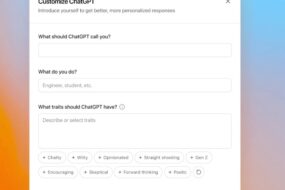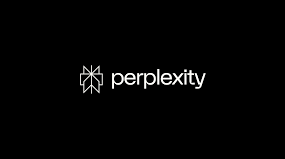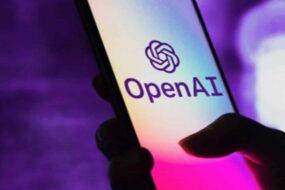
Source: Vanessa Waithera/Techmoran
Geoffrey Hinton called the “Godfather of AI,” acknowledged on Monday that he quit his position at Google last week in order to speak out against the “dangers” of the technology he helped to create.
Artificial intelligence systems that are the backbone of many modern products were shaped by Hinton’s groundbreaking work on neural networks. He spent a decade contributing to Google’s attempts to build artificial intelligence on a part-time basis, but he has since developed reservations about the field and his contribution to its growth.
“I console myself with the normal excuse: If I hadn’t done it, somebody else would have,” Hinton told the New York Times, which was first to report his decision.
Hinton claimed in a tweet on Monday that he left Google in order to talk openly about the dangers of AI rather than in order to particularly attack the company. “I left so that I could talk about the dangers of AI without considering how this impacts Google,” Hinton said in a tweet. “Google has acted very responsibly.”
Google’s top scientist, Jeff Dean, praised Hinton for his “decade of achievements at Google” and noted that he “has achieved key accomplishments in AI.”
As more legislators, advocacy groups, and industry insiders have expressed concern about the potential for a new generation of AI-powered chatbots to spread misinformation and eliminate employment, Hinton has decided to step down from the company and speak out on the technology.
Late last year, a rush of interest in ChatGPT sparked a fresh race among tech firms to create and use comparable AI features in their goods. While IBM, Amazon, Baidu, and Tencent are developing similar technologies, OpenAI, Microsoft, and Google are at the forefront of this trend.
Several well-known tech leaders signed a letter in March asking artificial intelligence labs to halt the development of the most potent AI systems for at least six months due to “profound risks to society and humanity.” The letter was released barely two weeks after OpenAI unveiled GPT-4, an even more potent version of the technology that underpins ChatGPT. It was published by the Future of Life Institute, a nonprofit organisation supported by Elon Musk. Early versions of GPT-4 were used to file lawsuits, pass exams, and create a working website from a hand-drawn drawing.
Source: Vanessa Waithera/Techmoran





